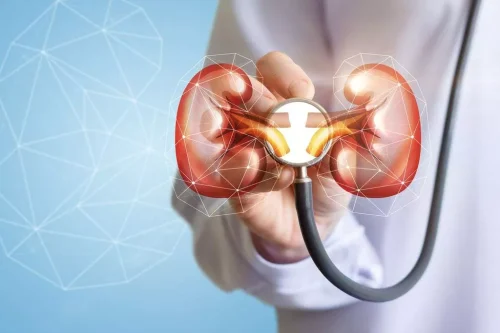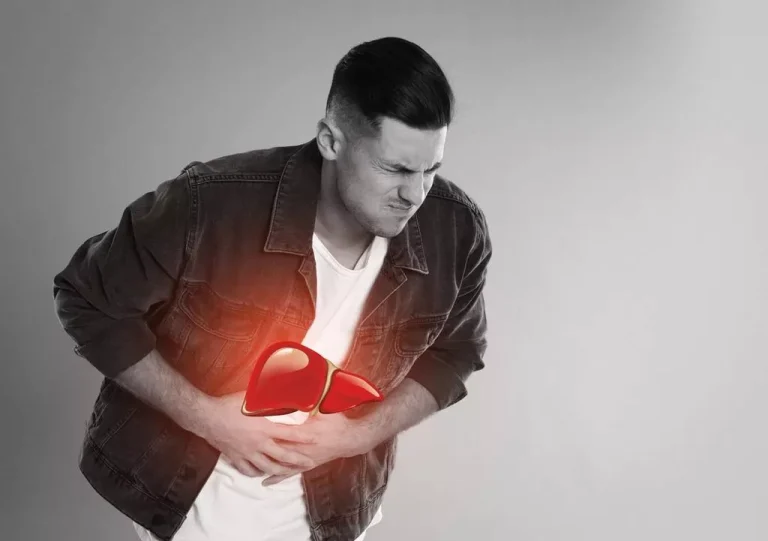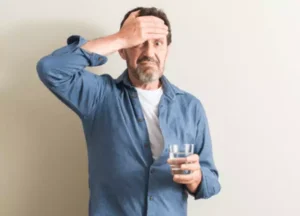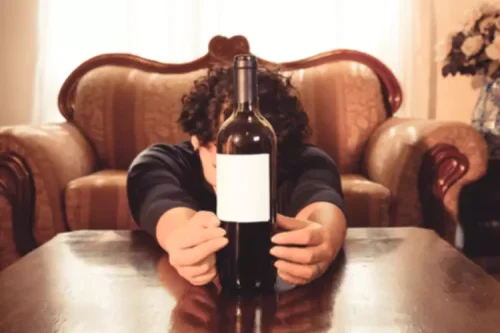
Drinking alcohol can disrupt the rapid eye movement (REM) phase of sleep, an important, restorative stage of deep sleep during which dreaming occurs. The most effective time of day for the body to metabolize alcohol, according to research? That’s right, the traditional “happy hour” time is actually when the body is most prepared to process that cocktail. If that mimosa with brunch hits you particularly hard, it may be the result of circadian timing. Circadian rhythms regulate nearly all of the body’s processes, from metabolism and immunity to energy, sleep, and sexual drive, cognitive functions, and mood. Dr. Elizabeth Landsverk, a geriatrician and dementia expert, tells HuffPost that the way alcohol impacts the body will vary based on your age.

Alcohol and HRV, Resting Heart Rate
- If alcohol continues to disrupt your overall sleep quality, you may consider cutting it out entirely, or limiting your intake before bedtime.
- As a result of these frequent awakenings, people tend to clock fewer hours sleeping after drinking alcohol.
- Men who choose to drink should limit themselves to two drinks per day, while women who choose to drink should limit themselves to one drink per day.
- Laboratory based polysomnographic studies of abstinent alcoholics typically show apattern of sleep disturbance with increased wakefulness consistent with self-reports ofpersistent sleep disturbance common in this population.
Even drinking a little too much (binge drinking) on occasion can set off a chain reaction that affects your well-being. Lowered inhibitions can lead to poor choices with lasting repercussions — like the end of a relationship, an accident or legal woes. Each of those consequences can cause turmoil that can negatively affect your long-term emotional health. “Some people think of the effects of alcohol as only something to be worried about if you’re does alcohol help you sleep living with alcohol use disorder, which was formerly called alcoholism,” Dr. Sengupta says. The Dietary Guidelines for Americans define moderate drinking as up to one drink per day for women, and up to two daily drinks for men. From more alarming outcomes such as cancer to more “cosmetic” inconveniences such as premature signs of aging, alcoholic beverages seem to hide a range of toxic effects that can slowly take a toll on our health.
- Also, research shows that people can develop a tolerance to this boozy method within three nights, causing you to need a larger amount of alcohol to get the same effect.
- A standard drink size looks different depending on the type of alcohol you choose.
- For men, sensorimotor gray matter volumemade a significant independent contribution to N550 amplitude with the amount of varianceexplained significantly improving with the addition of diagnostic group.
- Although this means you might fall asleep quicker, drinking too much alcohol has been linked to poor sleep quality, which means you’re more likely to have a bad night’s sleep.
- Understanding the effects of alcohol on sleep is the first step toward preventing alcohol-related sleep problems.
Healthy Bedtime Snacks To Eat Before Sleep
Read on to find out how alcohol can affect your sleep, and why—as well as insight into the health benefits of getting enough shut-eye. For most people, alcohol induces a deeper-than-usual sleep in the first half of the night, followed by disrupted sleep in the second half of the night. Some individuals find that alcohol consumption can trigger hot flashes and night sweats during menopause. However, more research is necessary to determine whether this is a common occurrence.
Alcohol & Sleep-inducing Medicines

But the truth is, drinking regularly—even moderate drinking—is much more likely to interfere with your sleep than to assist it. If you want to stay as healthy as possible and feel your best as you age, do you have to give up alcohol completely? No, Landsverk emphasizes, and it’s important to remember to remember that other factors influence the impact alcohol has on your health and well-being, such as if you’re living with a disease like obesity or hypertension. Vivid dreams and nightmares — With alcohol in your system you’re more likely to have intense, colorful dreams and nightmares as you sleep patterns ebb and flow.
How can alcohol worsen symptoms of other sleep disorders?

Many of us have indulged in a glass of wine to help send us off to bed, and more than 1 in 10 people uses alcohol to beat stress-related insomnia and sleep better at night. However, the bulk of the evidence shows that alcohol doesn’t improve sleep. On the contrary, as alcohol passes through the body, it exerts a number of biochemical effects that tend to lead to poorer sleep. Understanding the effects of alcohol on sleep is the first step toward preventing alcohol-related sleep problems.
- One possible mechanism islong-term alteration in responsiveness of GABA mechanisms.
- It acts like a sedative or tranquilizer, slowing your motor coordination and reaction time.
- Differences in activity in the fast frequency bands (beta and gamma) duringsleep between alcoholics and controls are less consistent.
- She is active within AASM and has served on numerous AASM committees, including the original Telemedicine Task Force.
- “Many people find that while it initially seems difficult to break the habit of using alcohol to induce sleep, they soon adjust and experience better sleep and energy overall,” she continues.
- It’s important to treat sleep disorders such as insomnia (difficulty falling or staying asleep) or sleep apnea (when breathing stops multiple time a night) if they are present.
Be a sleep-smart drinker.

Donate Blood
How Long to Wait Between Drinking Alcohol and Bedtime
- Alcohol can lead to fragmented sleep and waking up during the night, as it disrupts the sleep cycle.
- Nicholas et al. (2002) studied 7abstinent long-term alcoholic men meeting DSM – IV criteria for alcohol dependenceand 8 normal control men.
- When you drink alcohol, it acts as a depressant for your central nervous system, meaning that it can cause brain activity to slow down.
- Although the results were self-reported, women said they felt more tired before bed, experienced more nighttime awakenings and recorded less sleep than their male counterparts.
